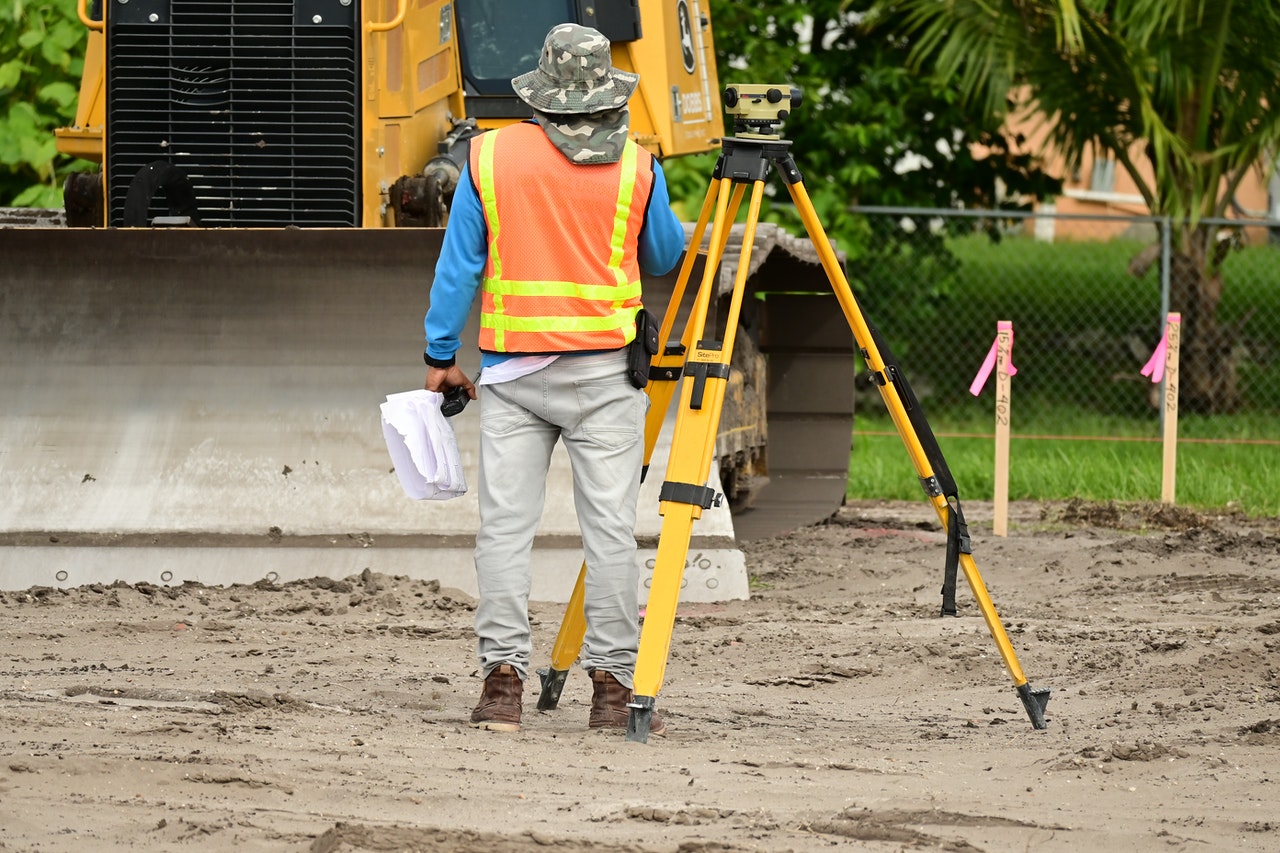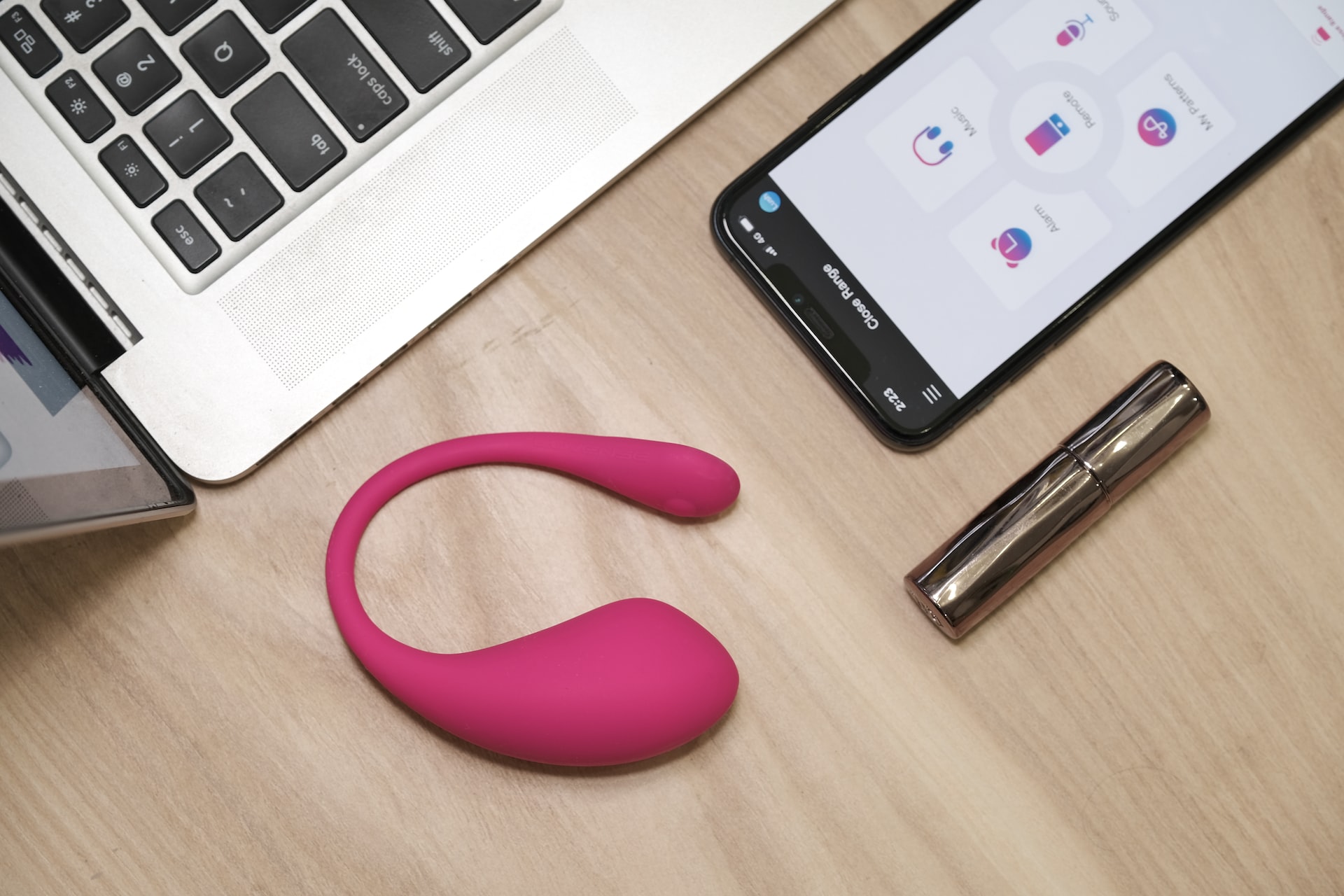Buying a franchise from a new Franchisor is a greater challenge than buying from an established
Franchisor, but has the potential of far stronger financial rewards.
It’s probably one of the toughest questions a franchise consultant can be asked by a client: “Why
should I consider buying from a new Franchisor?” Because if you choose correctly you can make a
great deal of money!
Is there is anything more exciting than a new idea, a great new product, or a unique way of
performing a valuable service? Many new franchise opportunities fit this definition. They are new,
exciting, and innovative. They are very attractive, and you think that they will be equally attractive
to their potential customer base. However, should you spend a significant portion of your life
savings to join a young franchise system that is hoping for, and betting on, the ultimate success of
its great new idea?
It could be the next McDonald’s, or locally say, the next Snap or autObarn? Wouldn’t that be
great? However, it might be simply a shooting star destined to burn intensely for a short while
before it fizzles out and dies. Bye‐bye life savings, hello unemployment benefits! What should you
do?
The first time I was exposed to this question was over 15 years ago when I joined Dial‐a‐Dino’s
Pizza as their Financial Controller. I knew little of franchising, and less about my new employer. It
turned out to have an outstanding Managing Director, an initial Franchise Owner group passionate
about the business, and home delivery pizza was an idea ripe for its time. A lot of money was
made by the Franchisor and their Franchise Owner group. So how do you choose the good new
concepts from those destined to fail?
Like so many things in life, there is no one correct answer. So let’s look at the facts:
1. Younger franchise systems have a greater risk than a more established franchise system.
2. Young systems also offer ground‐floor opportunities and the chance to cherry pick
locations in your market.
3. Young systems which go on to succeed, ultimately offer a much greater financial return
to the original Franchise Owners.
4. You can play an instrumental part in the growth of that system. The Dial‐a‐Dino’s
Franchise Owners certainly played a significant part in the systems development and
decision making; I can remember the great passion that went into the Coke vs Pepsi as
our exclusive supplier argument to this day!
How many people have said they would have liked to become part of McDonald’s when it was first
starting in Australia? They were already successful in the US, but they were not knocked down in
the rush of potential Franchise Owners beating a path to their door when they first came to
Australia. Those that did buy however are now mostly multi‐millionaires today. McDonald’s has
proven to be an enormous success to many people.
But can you remember Wendies? It too was a US based burger chain, which started here at much
the same time as McDonalds, and quickly disappeared. (It went so fast, so long ago, I’m not sure I
have even spelt its name correctly). One huge winner, one huge loser. How do you tell the
difference at the time you make your decision?
A Good Concept
When a Franchisor starts his new business, he hopes to enter the business battle by identifying a
market niche that can be exploited. He needs to find some segment of the marketplace that isn’t
being served sufficiently, or sufficiently well. The unique way this new franchise company handles
its niche will be the deciding factor in its success – at least the initial success that will enable it to
reach the greater challenges that will lie ahead as it matures.
It has to ‘build a better mousetrap’ as the old saying goes. There will have to be a reason why
people will choose to utilise the system. You must make sure that any system you consider
becoming a part of has this ‘better mousetrap’ as part of its reason for being in business.
Other factors to consider about the quality of the concept include:
1. Is the niche to be served by the system large enough so that the concept will have a
strong, broadly based attraction?
For example, if your franchise is looking for sound system buyers who will spend $10,000
on a stereo, you must consider whether there will be enough of these people in your
proposed franchise territory to support you in the style that you need.
2. Establishing a recognisable brand is both time consuming and expensive, yet it is one of
the most important assets that a franchise can have.
A young franchise does not have this yet – you will have a part in developing the name
for them. Are you prepared to put in the hard work, from which the Franchisor will reap
much of the benefit?
3. Another advantage that a franchise should bring you is the buying strength, and just as
importantly, the buying knowledge, which comes from being part of a larger group.
This generally will allow you to buy better products at better prices and to share the cost
of developing and running advertising. If your franchise system is still new, you may be
one of just a few franchisees, or even all alone for at least a while. Be sure you are
comfortable with the extra dollars you may have to spend, along with having the
capacity to spend them.
4. Is there a barrier to others entering your proposed new business?
If your Franchisor has a great new idea, what is going to keep others from copying the
idea and competing with you? How many lawn mowing businesses are there today?
How many home delivery pizza shops? Each of these was once a unique idea.
One excellent barrier to entry is high costs ‐ opening a store or buying expensive
equipment that the average person cannot afford can be a great competitive advantage
to you. However, be aware that there is no automatic correlation between the dollars
you invest to acquire a franchise, and how profitable that franchise will be for you.
Spending less can sometimes be more valuable.
5. Another barrier is specialised training.
This one is tricky. Let’s say that you are trained for a week or two to make pizzas. Then
you go home, open your store and start the business and find you need an employee.
You hire and train a bright young person. Just a few months later the employee starts
his own business and competes with you! Unfair, but it happens all the time. Unless
your franchise gives you a competitive edge because of brand name, exclusive products,
ongoing marketing assistance, and so on, you could wind up competing with someone
who last week was your employee.
Good systems
When you purchase a franchise, you should be buying systems that work, and work now. They
should be clearly written down in easy to read manuals and taught to you in detail during training,
so that your business takes off smoothly, without you making costly errors. The manuals should
include all facets of the business from accounting through to sales. In this litigious age it must also
include the human resources information you need to help you hire, train, assess, counsel, and
where necessary, fire your own employees.
You should not have to guess what to do next ‐ you should be able to look up all the answers in
your franchise operations manuals as provided by the Franchisor.
In the era of cyberspace, you should also check for whether your Franchisor is using up‐to‐date
technology. We all know about the Internet, and your Franchisor should almost certainly have a
strong Web site. In addition, your Franchisor should also have an ‘Intranet’ (which is a closed
circuit Internet that allows your Franchisor to forward information, marketing tools, data, etc, to
you electronically). It is quicker and more efficient than the old method of printed memos,
bulletins, manual updates, and so on, sent via mail.
Successful prototypes locations
Before you join a new franchise system, you should be certain that others have already
demonstrated that the system works. If the Franchisor hasn’t opened and successfully run at least
one prototype (and preferably several prototypes) there is simply no way that you can be
confident that the system is proven and actually works. Additionally, these prototypes need to be
able to stand the test of time. If they haven’t been open and in business for some time, how can
you be sure that the concept really works? If the system has units open you can check them
yourself, buy the products, and use the services.
Will the market sustain multiple units? If a concept requires the highest quality or extremely
specialised locations to be successful, you may be limited in terms of availability and future growth.
Money
It is generally agreed that the No. 1 reason that businesses fail is because they run out of money
before they can establish themselves in the marketplace. Your Franchisor must be able to tell you
(within a range) how much you will need for the equipment, construction, and other hard costs.
The Franchisor should also be able to tell you how much money you will need for working capital
until you break even. This will be given to you in a Disclosure Document, the format of which is
regulated by the Trade Practices Act.
Since younger Franchisors (by definition) don’t have as much experience as more established
Franchisors, they may be hampered in their ability to give you accurate information about your
start up costs in a new market.
A new Franchisor may have been lucky on their own first unit or two and may underestimate your
capital needs during start up. Be wise on this one and have more money than the Franchisor says.
There is a good chance you will need it.
Dedicated Management Team
Many young franchises fail in their first five years of business. Often, it is because there was not
enough people experienced in management for the company to keep the system expanding and
meeting the challenges its competitors will throw at them.
The cash flow of a young company is often highly restricted, but the need for highly paid experts is
substantial, so there can be some real problems that can occur if the system you become part of
does not have adequate internal staffing.
It can cost a lot of money to give new franchisees the service they need and (not unreasonably)
expect. The range of expert services required is lengthy – here are just a few:
1. Real Estate or site selection;
2. Construction
3. Operations and Franchise Owner support;
4. Product purchasing and new product development;
5. Legal;
6. Marketing and promotions;
7. Accounting and budgeting;
8. Training and staff development; and
9. Franchise sales.
These all need to be managed and well controlled; someone has to be there to undertake the jobs
that need to be done. Most wise new franchise groups will use a few, generally widely,
experienced staff and supplement them with consultants for major problems.
Often the staff of a young company is spread too thin. Be careful about this ‐ make sure that there
are enough people on staff to do the work that needs to be done.
In Summary:
Do your homework very carefully, get expert advice if you need it, and consider most of all, will
you enjoy the challenge of a ground floor opportunity?
Once you make your mind up to go ahead, give it everything you’ve got and work closely with your
new Franchisor to build your new business together.






































